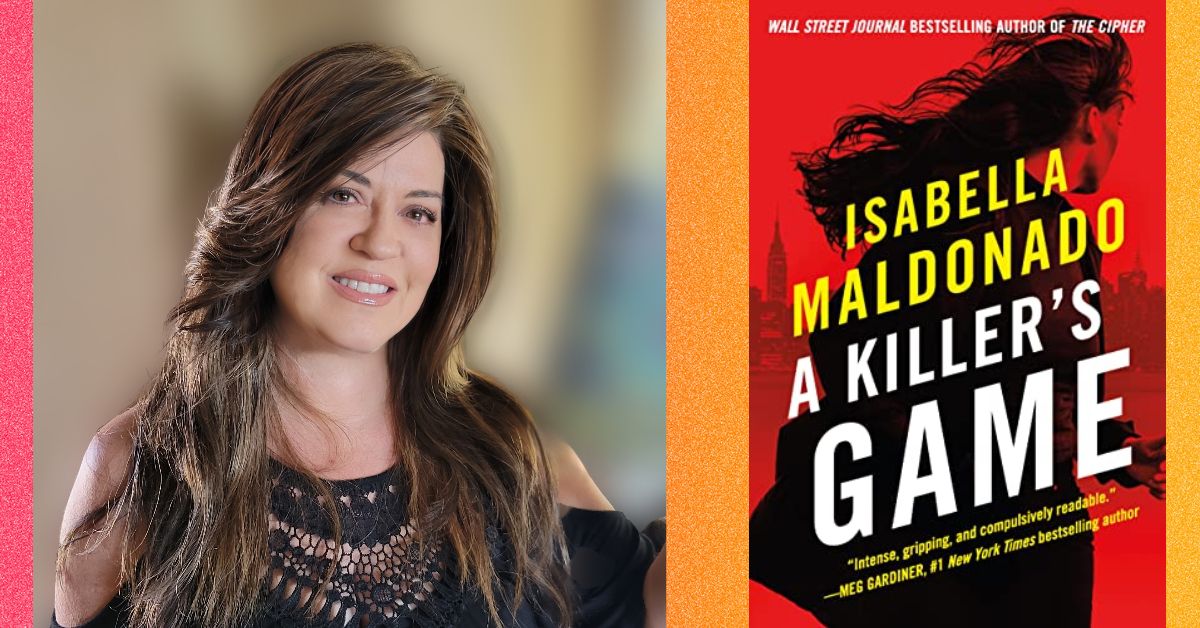Write Now With Isabella Maldonado
Today's Write Now interview features Isabella Maldonado, Wall Street Journal bestselling author of A KILLER’S GAME.
This post is only for subscribers.
Already have an account? Sign in
Subscribe to new posts